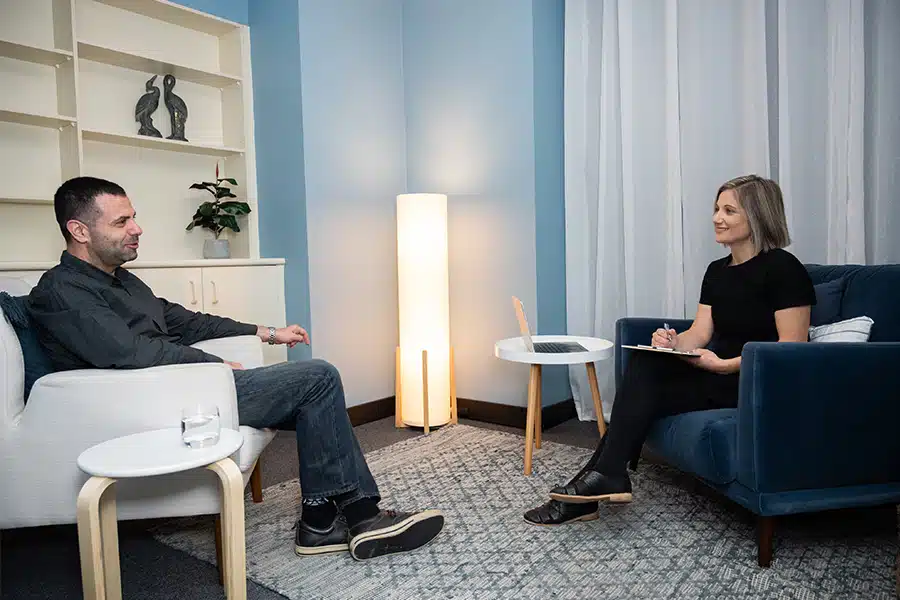Taking care of your mental health is an important part of looking after your health and well-being. If you are considering seeing a psychologist, congratulations on taking the first step! It is natural to feel a mix of anticipation and uncertainty about what to expect from your first visit. In this blog, we will guide you through what you would usually experience when seeing a psychologist. This will help you feel more prepared and at ease for your journey ahead.
- The Initial Consultation: Your first appointment with your psychologist is an opportunity for both you and your psychologist to get to know each other better. You will discuss your reasons for seeking help, your background, and your goals for therapy. The psychologist may also ask questions about your medical history, lifestyle, and any relevant experiences to gather a comprehensive understanding of your situation.
- Confidentiality and Trust: Confidentiality is an essential aspect of the psychologist-client relationship. You can expect your psychologist to maintain the highest level of privacy, confidentiality, and professionalism. They are ethically and legally bound to protect your personal information and discussions. Building trust takes time, but psychologists are trained to create a safe, non-judgmental space where you can feel comfortable expressing yourself openly.
- Individualised Treatment Plan: After the initial consultation, your psychologist will work with you to develop a individualised treatment plan. This plan outlines the goals, objectives, and strategies that will guide your therapy sessions. It’s essential to understand that everyone’s treatment journey is unique, tailored to their specific needs and circumstances. The psychologist will collaborate with you to ensure the plan aligns with your objectives and preferences.
- The Therapy Process: Generally, sessions last around 50 minutes and occur weekly or fortnightly. During these sessions, your psychologist will employ various evidence-based techniques and interventions to help you explore your emotions, thoughts, and behaviours. They may teach you coping strategies, provide feedback, offer insights, and facilitate your personal growth and self-awareness.
- Active Participation and Homework: While psychologists play a vital role in guiding your therapy, active participation is key to your progress. They may assign homework exercises or encourage you to practice new skills and techniques outside of sessions. These activities help reinforce what you have learned and enable you to apply them to your daily life. Your psychologist will discuss and review your homework during subsequent sessions to assess your progress and make any necessary adjustments to your treatment plan.
- Patience and Time: Therapy is a process, and progress may take time. Healing, self-discovery, and personal growth don’t happen overnight. It is important to approach therapy with realistic expectations and be patient with yourself. The therapeutic journey can bring forth challenging emotions, but it also provides an opportunity for profound transformation and empowerment.
Seeing a psychologist is a courageous step towards nurturing your mental health and well-being. By knowing what to expect, you can approach your therapy sessions with confidence and openness. Remember, therapy is a collaborative effort, and your psychologist is there to support and guide you. Embrace the process, be patient with yourself, and allow therapy to become a transformative journey towards self-discovery, healing, and personal growth. We look forward to being a part of your journey.




